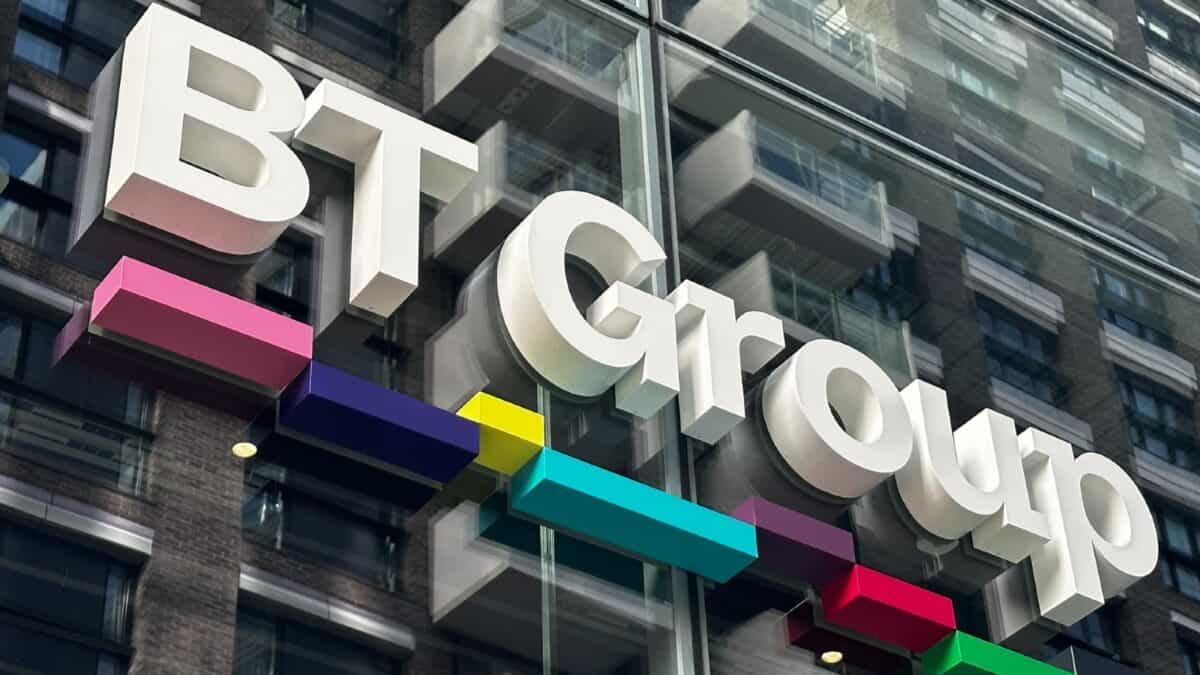This has been another lacklustre year for the BT Group (LSE: BT.A) share price. After a terrific start to 2023, BT shares have fallen steeply since April. Perhaps there’s hope for long-suffering shareholders in 2024?
The BT share price dives
On 18 April, BT shares closed at 160.35p, but they have tumbled since (except when the share price briefly leapt to 165.49p on 23 June).
As I write, the shares stand at 121.52p, valuing the telecoms group at £12.1bn and leaving the share price down 26.6% from its 2023 peak. Here’s how this stock has performed over time:
Should you invest £1,000 in J D Wetherspoon Plc right now?
When investing expert Mark Rogers has a stock tip, it can pay to listen. After all, the flagship Motley Fool Share Advisor newsletter he has run for nearly a decade has provided thousands of paying members with top stock recommendations from the UK and US markets. And right now, Mark thinks there are 6 standout stocks that investors should consider buying. Want to see if J D Wetherspoon Plc made the list?
| One month | +8.0% |
| Six months | -16.7% |
| 2023 to date | +8.5% |
| One year | -1.1% |
| Five years | -53.6% |
Though the BT share price is ahead 8% in a month, it’s down a sixth over six months and has collapsed by more than half in five years.
What’s holding back BT?
One problem is that the European telecoms market has long been a ‘value graveyard’. The huge sums needed to upgrade network infrastructure have held back all major businesses in this field.
Also, BT has £24.5bn of net debt — more than twice its equity value, although this has improved. While the company once had a huge pension deficit, hefty contributions have more than halved the shortfall from £8bn to £3.7bn.
Thanks to strong headwinds, the BT share price has gone nowhere for years — a classic value trap. But maybe this is set to change?
BT looks healthy to me
At current price levels, this stock trades on a multiple of 6.6 times earnings, delivering an earnings yield of 15.2%. Hence, BT’s market-beating dividend yield of 6.3% a year is covered 2.4 times by earnings.
BT shares are approaching the 7/7 ratio beloved of value investors — trading on seven times earnings with a 7%+ yearly dividend yield. This is a classic indicator of deep value, but no guarantee of big gains.
Then again, I am encouraged by the group’s recent progress. BT’s half-year turnover to 30 September was flat at £10.4bn. However, with capital expenditure and operational expenses both falling, pre-tax profit leapt by 29% from £0.8bn to £1.1bn.
Furthermore, earnings per share rose 5% year on year to 9.1p from 8.6p, plus the latest dividend was held at 2.31p per share. To me, this looks less like a company in distress than one positioned for success.
What next?
Right now, the rising cost of living is hammering UK consumers. Disposable incomes have been battered by rising interest rates, steep price rises, and sky-high energy bills.
However, while elevated inflation is bad for individuals, it’s great for BT and other utilities. These groups’ contracts charge customers inflation-plus price rises at every yearly review.
While inflation will help BT to boost revenues, earnings, and cash flow next year, its customers will pay for this trend. Therefore, I’d much rather be a BT shareholder than one of its customers in 2024.
Of course, I could be wrong and BT could lurch into another crisis, damaging its prospects and its earnings again. Or growth could slow and market headwinds could send the shares southwards once again.
Lastly, with the board guiding analysts towards the high end of full-year cash-flow expectations, BT might finally find its sunlit uplands!








